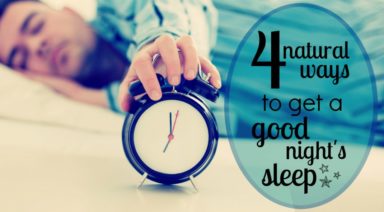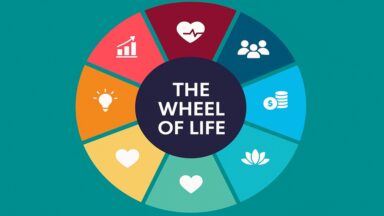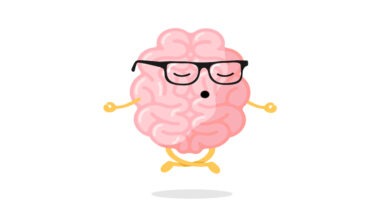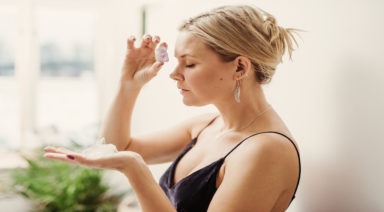New Research Examines the Causes & Consequences of Poor Sleep
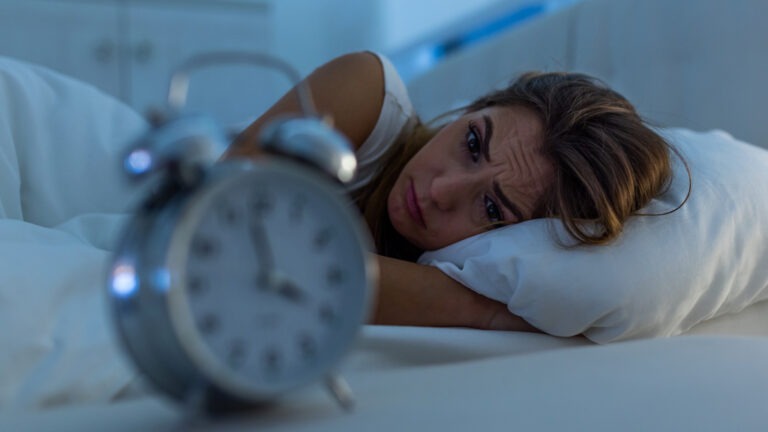
An influx of new research has been shedding light on the importance of sleep and showing the great promise of natural approaches to treating dysfunction.
According to recent statistics, at least one-third of Americans don’t get the recommended seven hours of sleep per night. And over the last few years, sleep problems have been reported in 40% of Americans. Alarmed by these numbers, researchers have doubled their efforts at studying the causes, effects, and possible treatments.
Dr. Donese Worden is a naturopathic doctor who has worked with multiple patients with sleep issues and has lectured extensively on the topic.
“The importance of sleep cannot be overstated. It detoxes our body, not only the brain in its detoxification process but the entire body. It allows us to regenerate our body — that’s called ATP,” Dr. Worden said.
“The cells also need to rest at a certain point to re-energize themselves to do all of the processes they do. It allows us to tell our bodies we need to burn more fat. It allows our body to say it is time to regulate blood sugar (and) help the cardiovascular system repair. If we’re not sleeping well, we’re more at risk for atherosclerosis and other metabolic diseases.”
One significant area of recent research has been around the causes of sleep problems. Multiple factors have been implicated, including stress responses, nutritional deficits and excesses, and nighttime routines.
“Your nighttime routine is called sleep hygiene. Is the room dark? Blackout curtains are important here. Is the room cold enough? That affects your sleep. So looking at the basics of cold room, dark room, and blue light. Is the computer on? Are you looking at your cell phone? Blue light has been linked with a very recent study, into affecting our quality of sleep and ability to go to sleep,” Dr. Worden said.
Studies suggest that blue light decreases the production of melatonin, which is necessary for the induction of sleep. Another focus of recent study is the connection between nutrition, inflammation, and sleep.
“Long-term nutritional deficiencies alter inflammation in the body, and when we have inflammation or certain types of inflammatory cells, such as cytokines, that affects our sleep cycles,” Dr. Worden said. “Those are new studies showing us that the more inflammation we have, the more sleep disturbances we may have. Asking your physician to run a cardiac reactive protein marker would be a great way to look at your overall inflammation.”
Recent research has also been clearly showing the far-reaching consequences of inadequate and poor-quality sleep.
“The more studies that we conduct, the more interplay we see between sleep and many common disorders in the body, from obesity to cardiovascular disease, to diabetes. Research has shown us that when our sleep patterns are not good, we are more likely to have cognitive decline during the day, our memory is not as good, and our executive function is not there. And a large new study just showed us that 50 and 60 year-olds, if they’re not getting enough sleep, are more prone to have dementia in their senior years,” Dr. Worden said.
In the search for solutions to sleep issues, numerous recent studies have borne out the efficacy of various natural approaches.
“In the International Journal of Clinical Practice, a recent study was looking for non-pharmacological treatments for insomnia. And what they found was that it’s more prevalent in females and as females age, it becomes more prevalent,” Dr. Worden said. “But the conclusions showed that the things that really helped the best were cognitive behavioral therapy, (that’s types of counseling) exercise, relaxation, and approaches like light therapy — the right kind of light, not blue light — aromatherapy, music therapy, and some herbal medicines were shown to be helpful.”
One interesting new study provides another possible solution for those suffering from insomnia.
“A new study from the British Journal of Sports Medicine showed that getting enough physical activity during the day may counter the negative effects that happen from unhealthy sleep patterns,” Dr. Worden said
While the prevalence of sleep issues is clearly a grave concern, the increasingly deeper understanding of their causes and mounting evidence of the success of natural treatments should give hope to all those desperately in need of a good night’s sleep.
Permanent Daylight Saving Time Would Be Awful for Our Circadian Rhythm
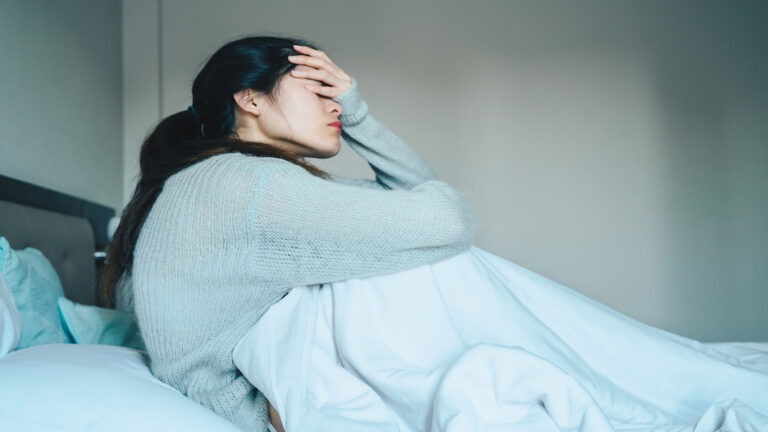
“Spring forward, fall back” could be no more, as Daylight Saving Time in the US could be made permanent. The issue resurfaced, as Americans say they are tired of moving the clocks twice a year and that we should just pick one. But did the government pick the wrong one?
The US has a long and complicated history with Daylight Saving Time — or what might be known better as “spring forward” time.
First enacted in 1918 during WWI as “wartime,” the measure was supposed to provide more daylight during working hours. Meanwhile, according to Michael Downing, author of “Spring Forward: The Annual Madness of Daylight Savings Time,” the US Chamber of Commerce also liked it, as workers with more daylight after work were likely to stop, shop, and spend money on their way home.
It was repealed only to be brought back again during WWII, so there would be more daylight during working hours.
After World War II, there was a chaotic period where states picked whichever time standard they wanted, until 1966 when the “Uniform Time Act” made six months of Standard Time and six months of Daylight Saving Time.
This brings us to today, where people have different opinions on Daylight Saving Time, but most Americans want the clock change gone. A 2019 AP poll showed that 71 percent of Americans would like to quit changing the clocks twice per year versus 28 percent who want to keep it the way it is.
Now, the US Senate just passed a measure that would again make Daylight Saving Time permanent. Some people like sunlight later in the evening, especially during the summer.
But many, including medical professionals and safety experts, argue that “springing forward” can be hazardous to your health.




